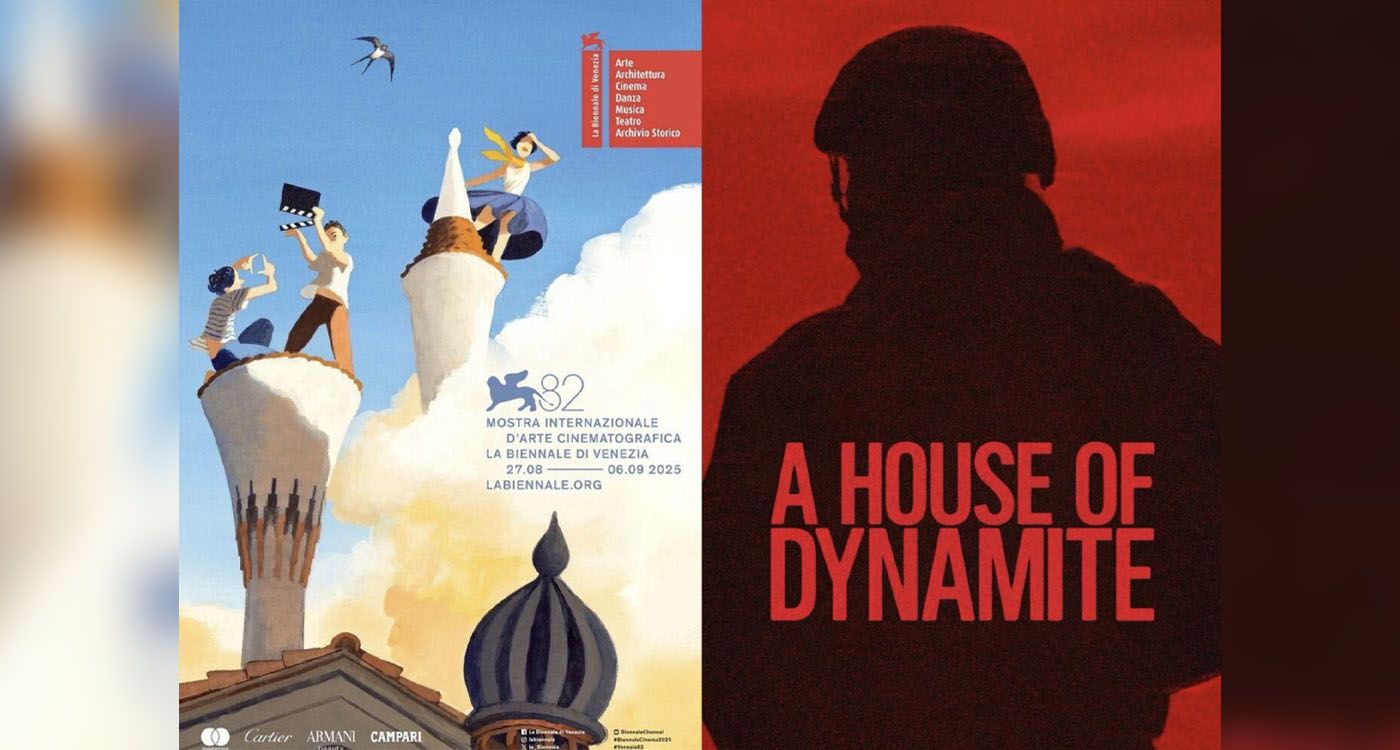
Long sidelined by traditional festivals, Netflix is storming the Venice Film Festival in 2025. With major world premieres, a prestige-driven strategy and a rivalry with traditional studios, the platform is rewriting the rules and blurring the boundaries of cinema.
For several years, Venice has served as the discreet yet decisive battleground between traditional cinema and streaming giants. In 2025, Netflix makes a striking return to the Lido, shaking up the hierarchy of studios and auteurs alike. Three high-profile world premieres in official competition, carefully crafted productions and a calculated strategy: Netflix is no longer simply showing up – it is positioning itself as a central player in the festival’s evolution.
The story of Netflix at Venice is one of rapid and often controversial ascent. Just a decade ago, the idea of a film produced by a streaming platform competing at a major festival was unthinkable. Everything changed in 2018, when Alfonso Cuarón’s Roma won the Golden Lion. This breakthrough paved the way for a new generation of Netflix films. By 2021, the platform was sweeping awards with The Power of the Dog, The Hand of God, and The Lost Daughter. Unlike Cannes, with its strict theatrical release rules, Venice became the preferred stage where auteur cinema and new distribution models could meet.
A Festival in Transformation
Netflix’s 2025 lineup reflects this shift. In competition: Jay Kelly by Noah Baumbach, Frankenstein by Guillermo del Toro and A House of Dynamite by Kathryn Bigelow. This trio showcases the diversity of a slate blending artistic ambition, renowned filmmakers and compelling storytelling. Netflix is aiming for prestige: international stars, strong narratives and meticulous productions. The goal is clear – to prove that streaming is no longer just a delivery system for films, but a powerhouse producer shaping the future of contemporary cinema.
Behind the strategy lie several stakes: the pursuit of artistic legitimacy, the race for awards – Venice being a springboard to the Oscars – and the desire to move beyond the image of the small screen. Today, working with Netflix no longer excludes the big screen; it means targeting both homes and theaters, reaching a global audience while engaging the critical debate.
The Lido now reflects this transformation. Directors, crews and audiences flow between Netflix premieres and studio blockbusters, while critics dissect every selection and every cast. Streaming, once the outsider, has become both a partner and a driving force in contemporary creation. Audiences are following suit: Netflix screenings are selling out, fueling a wider conversation on the role of cinema in the connected age.
This year’s edition also signals a turning point: after sitting out in 2024, Netflix returns with a more focused selection, betting on quality and event-driven impact. The films are tailored for Venice – ambitious auteur works, big budgets, established signatures. The message is simple: Netflix does not make “second-rate” cinema, but rather fully contributes to the grand narrative of the seventh art.
At stake is the very definition of “world premiere.” For a Netflix film, Venice is the perfect stage: global resonance, the stamp of artistic credibility and instant distribution in over 190 countries. The Golden Lion or Grand Jury Prize are no longer the preserve of traditional studios; they can now also crown streaming-born works, which command full artistic recognition.
Venice’s openness to streaming does not go unchallenged. Some filmmakers and exhibitors worry about the weakening of the theatrical circuit, the rise of algorithms and the volatility of audiences. Others welcome Netflix’s ability to finance ambitious projects, renew talent and bring fresh narratives to the screen. At Venice, the line between traditional cinema and platforms grows thinner every year.
One thing is certain: the Venice Film Festival has become a laboratory where new global cinematic balances are being forged. With its conquest of the Lido, Netflix is shaking up conventions, attracting curiosity and pushing everyone to rethink the very meaning of auteur cinema. The shift now seems irreversible.




Comments